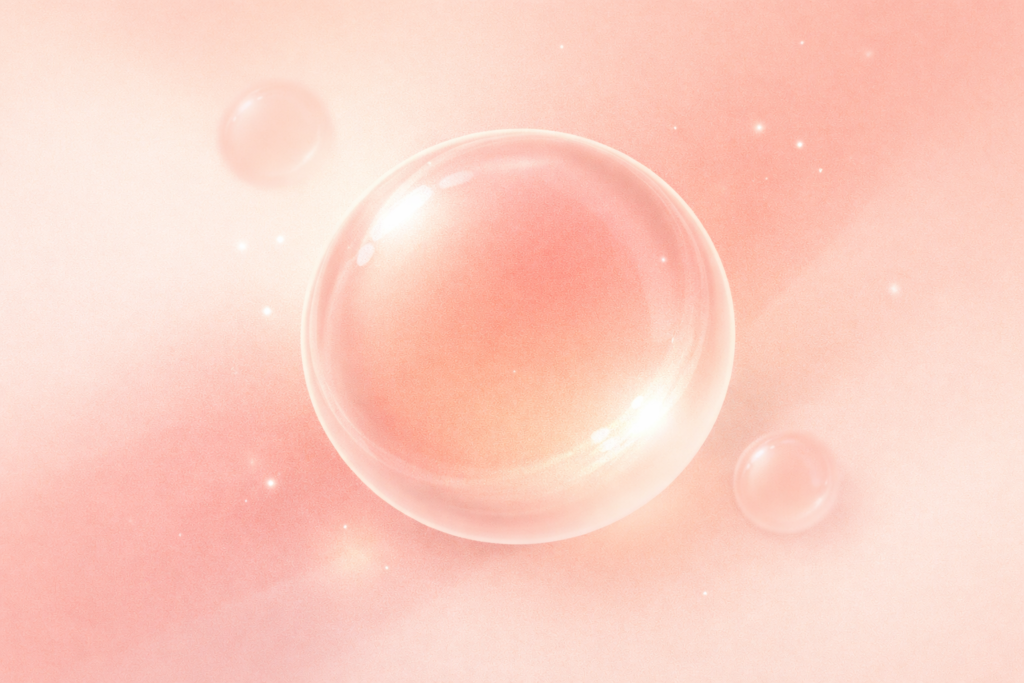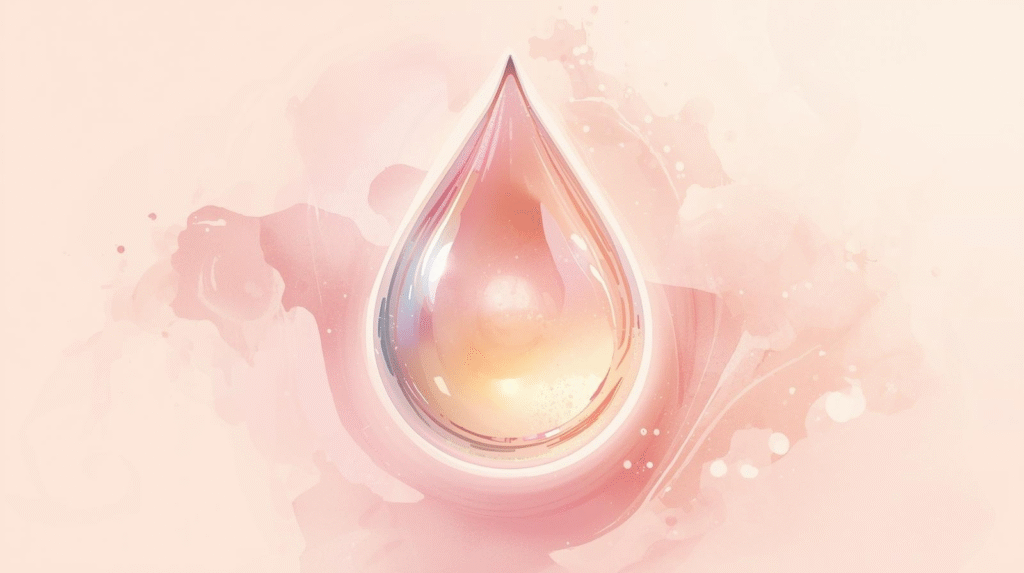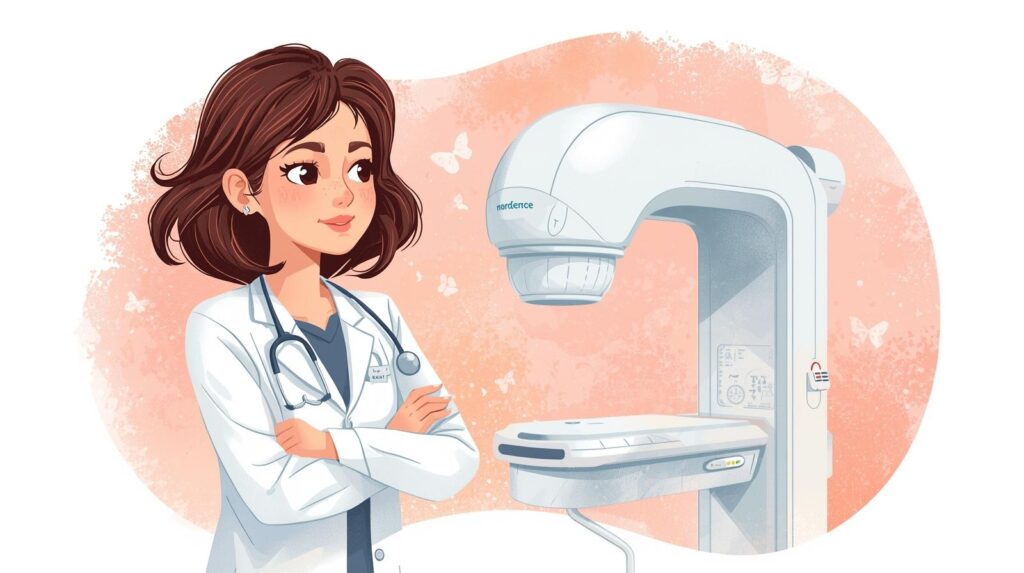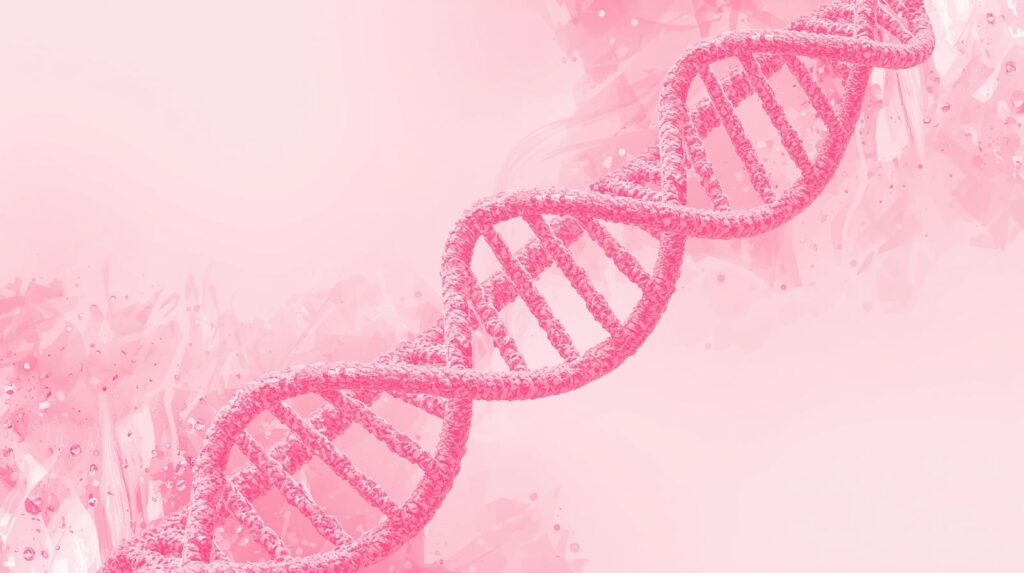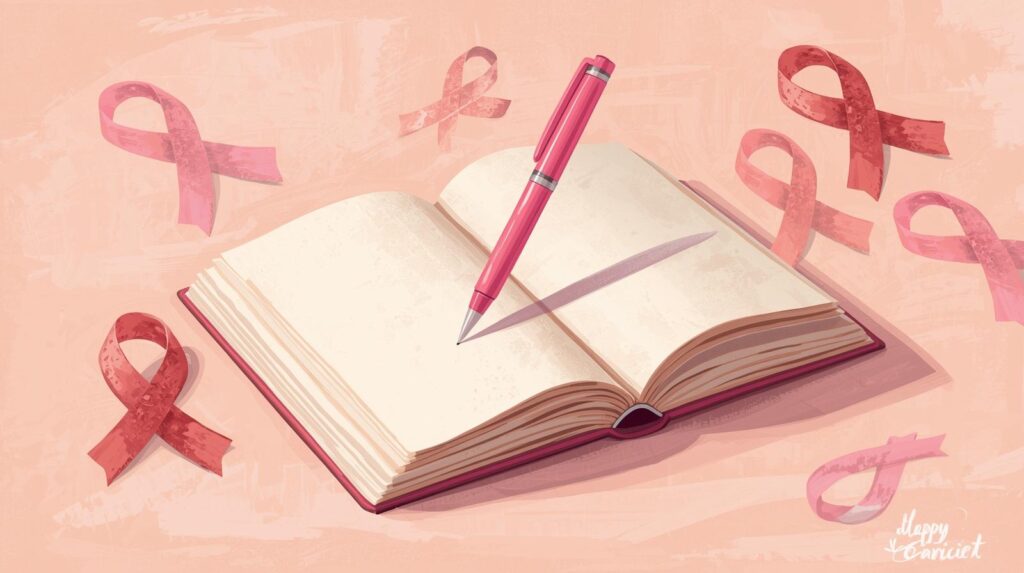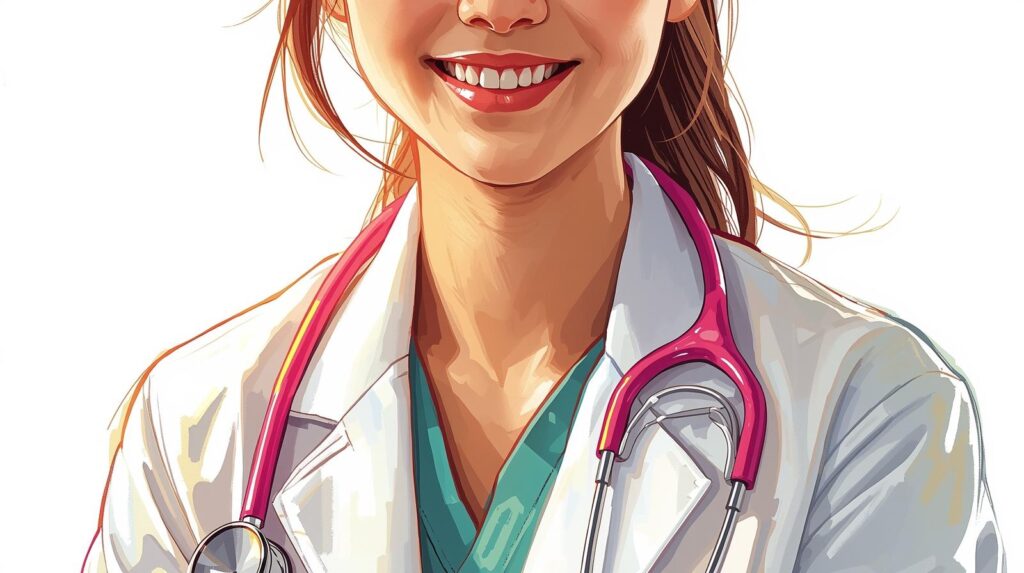Breast Cysts: What They Are, Symptoms, and When Treatment Is Needed
Breast cysts are fluid-filled sacs within the breast tissue and are one of the most common benign breast conditions in women. They can vary in size, may appear suddenly and sometimes cause discomfort or pain.
Breast Cysts: What They Are, Symptoms, and When Treatment Is Needed Read More »
Blog